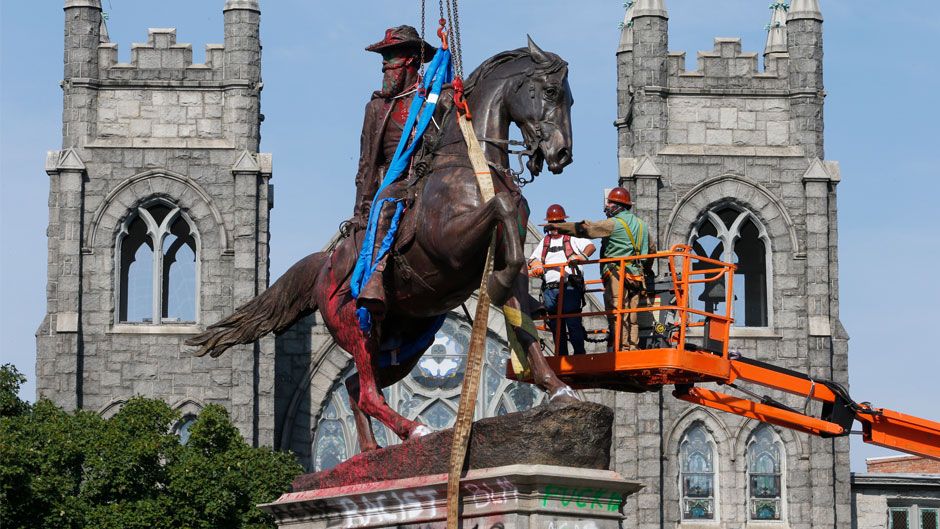The United States is undergoing a moment of reckoning. Social forces unleashed by the killing of George Floyd and many other African Americans at the hands of police have mobilized thousands to call for social change.
A recent letter published by Harper’s Magazine called “A Letter on Justice and Open Debate” has sparked heated controversy since it warns of a “cancel culture” in a society that aims to silence open debate and ideas.
The letter states: “Powerful protests for racial and social justice are leading to overdue demands for police reform along with wider calls for greater equality and inclusion across our society…
“But this needed reckoning,” the letter continues, “has also intensified a new set of moral attitudes and political commitments that tend to weaken our norms of open debate and toleration of differences in favor of ideological conformity.”
The letter was signed by 153 educators, writers, entertainers, and historians, including Margaret Atwood, J.K. Rowling, Salman Rushdie, Wynton Marsalis and a host of academics.
Critics of the letter point out that most of those signing it allude to a “cancel culture,” a way of public exclusion and shaming of someone who has said or done something offensive, when all the signees hold privileged posts and are usually exempt from such exclusion.
One of the issues that the letter does bring to the fore is that of open debate, one that is of particular interest to academics.
Sam Terilli, associate professor at the University of Miami School of Communication, believes in what the letter addresses and said that “some reformers and protestors in their laudable efforts to correct past and current injustices, are treading dangerously close to intolerance of dissenting points of views.”
He emphasizes that there is value in a healthy debate even with those “with whom we passionately disagree.”
Anthony E. Varona, dean of School of Law, said that the free exchange of ideas “is important to a republic such as ours, and is indispensable in academic contexts. I am reminded that in the early decades of the LGBTQ equality movement, activists were silenced by those in power who insisted that homosexuality was ‘the love that dare not speak its name’ and therefore something not to be discussed or even mentioned in polite company, never mind debated in political, policy, and legal arenas.”
It was only through persistent activism and continued debate with many who disagreed with the LGBTQ movement that progress was made, he said.
Today, Varona said, “social media have created important platforms upon which oppressed and marginalized communities can connect, share information, and use their collective influence to hold accountable leaders and other influencers who have perpetuated systems of oppression.
“When used well, it’s more of an ‘accountability culture’ than a ‘cancel culture,’” he said. “We must not allow the atomization of social and other forms of electronic media to cause us to lose sight of our humanity, and the need for patience, proportionality, and civility—especially with those who are learning, or sharing good faith disagreements in areas where there can be reasonable and conscientious debate.”
Tywan Martin, associate professor in the department of Kinesiology and Sport Sciences in the School of Education and Human Development, agrees that open debate is critical for progress and change.
In some of his graduate classes, he has led debates on whether the NFL team the Washington Redskins should change their name. The team has been criticized for using a name that can be offensive to many Native Americans. The team recently removed Redskins from its name.
“We have had these conversations in class and there are diverse ideas that have come from that exchange and while I might agree with one and not the other it is still an opportunity to share and to provide a perspective that was never considered,” he said.
Martin said the breakdown of communication and open debate often happens when people want to keep traditions that are racist, homophobic, or that trampled on the rights of many other citizens.
“We are hell bent on tradition even if tradition is wrong,” he said. “It was never right for women not to be able to vote. That was never right. It was never right for people of different races to not be able to marry.”
But he also said that it is important for those who hold on to outdated ideas to speak up.
“The sharing of ideas is important even if the person is fearful of them being charged with saying something insensitive,” said Martin. “They may be given a perspective that they have not heard.”

